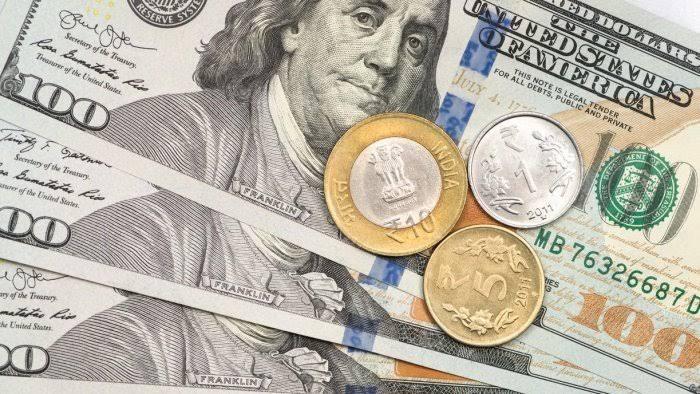Nigeria’s Foreign Reserves fell to $34.19 billion in the First Half of 2023
The Central Bank of Nigeria (CBN) reported that the country’s foreign reserves decreased from $37.07 billion on January 3, 2023, to $34.19 billion by the end of June 27, 2023, in its data on movement on foreign reserves.
This reflects a 7.7% decline in foreign reserves ($2.88 billion) in the first half of the year. The CBN’s ongoing involvement in the foreign exchange market and fluctuating export revenues are to blame for the decline in Nigeria’s foreign reserves. The need for foreign currency to import raw materials and finished goods has increased, and more Nigerians are leaving the country for employment and educational possibilities.
These elements have caused a gap between the supply and demand for foreign currency, which has resulted in record-high exchange rates on several platforms. Foreign reserves have been steadily declining as a result of the CBN’s interventions to slow the rate of increase. However, because there won’t be any FX market intervention, the free-floating of the Naira by the CBN is anticipated to lessen the strain on the foreign reserves. Through targeted regulations and incentives that can improve non-oil exporting enterprises’ competitiveness in international markets, the government should support export-oriented industries.
Additionally, initiatives should be taken to improve commercial ties, draw in foreign capital, and expand export markets. It is also essential to invest in technical developments and human capital development to increase productivity and innovation. Foreign reserves can be supported further by prudent fiscal and monetary policies, as well as initiatives to promote investments and remittances from the diaspora.




